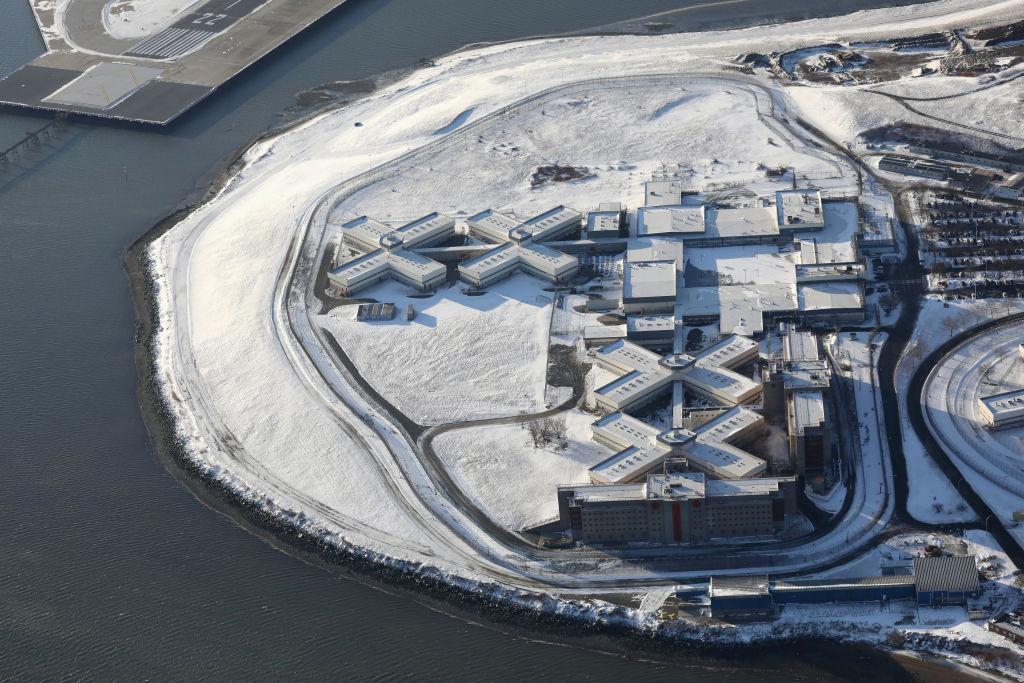Inmates in federal prisons enjoyed succulent, gourmet meals over the holidays, while the partial government shutdown forced overstretched corrections staff to look on in frustration—and without pay.
Prison staff at dozens of correctional facilities across the United States witnessed inmates enjoying special meals on Christmas and New Year’s Day, according to NBC News, while many employees not only had to work for no pay but were ordered to cut short vacations or face punishment.





